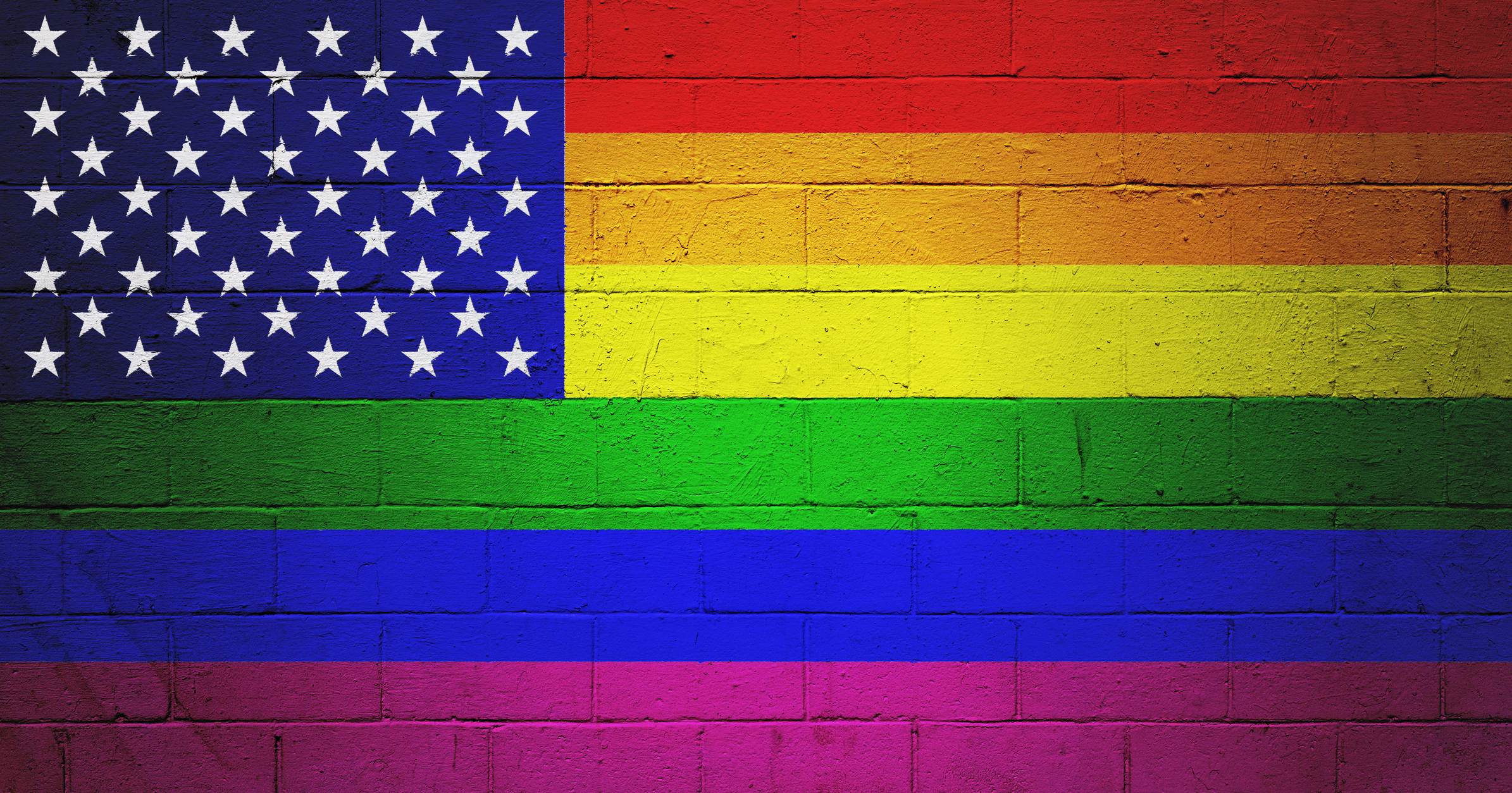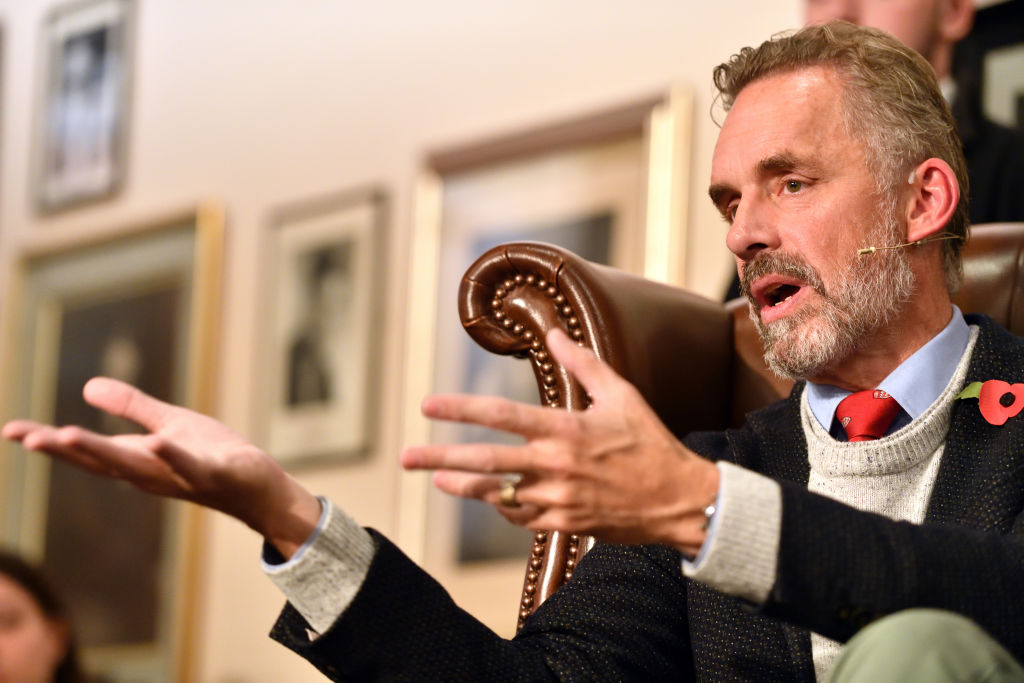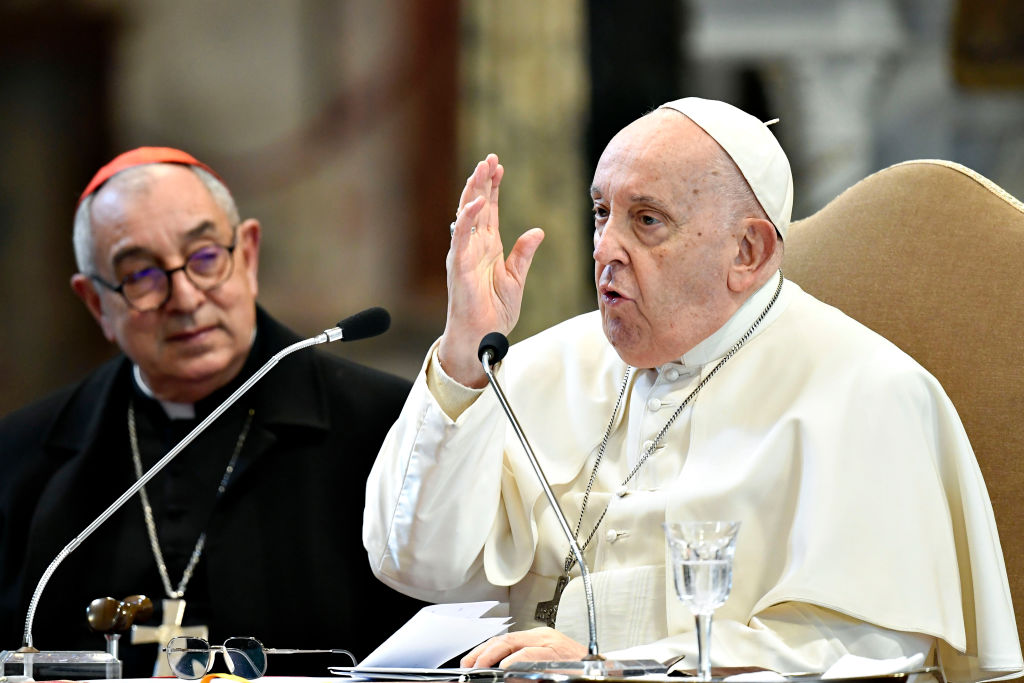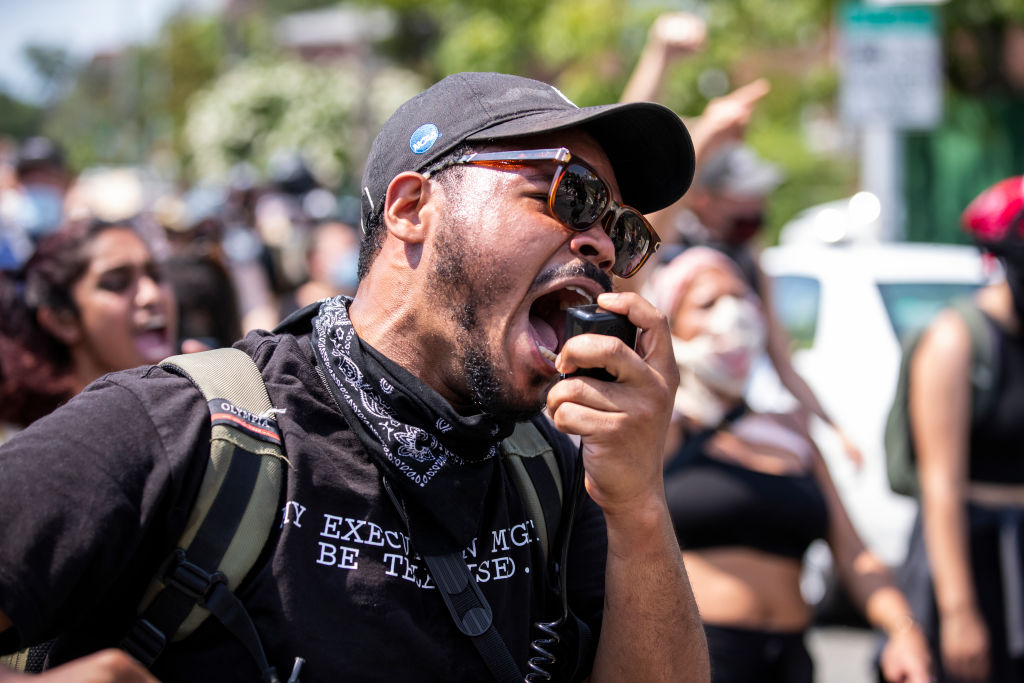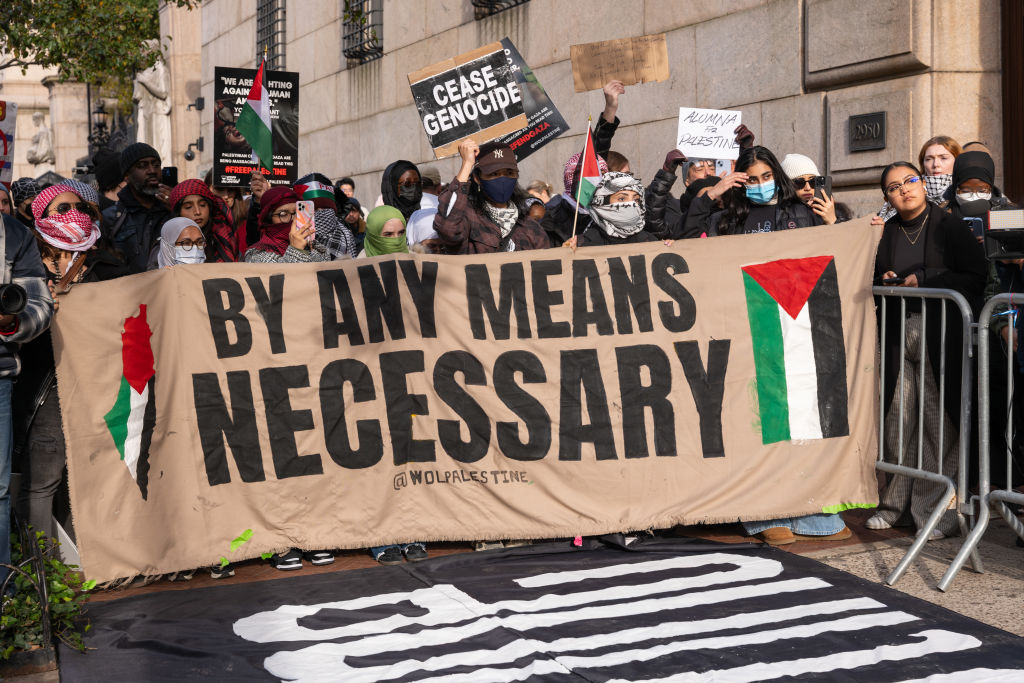You might think things are getting better for minority groups, but you would be sadly mistaken.
The Lebanese Experiment
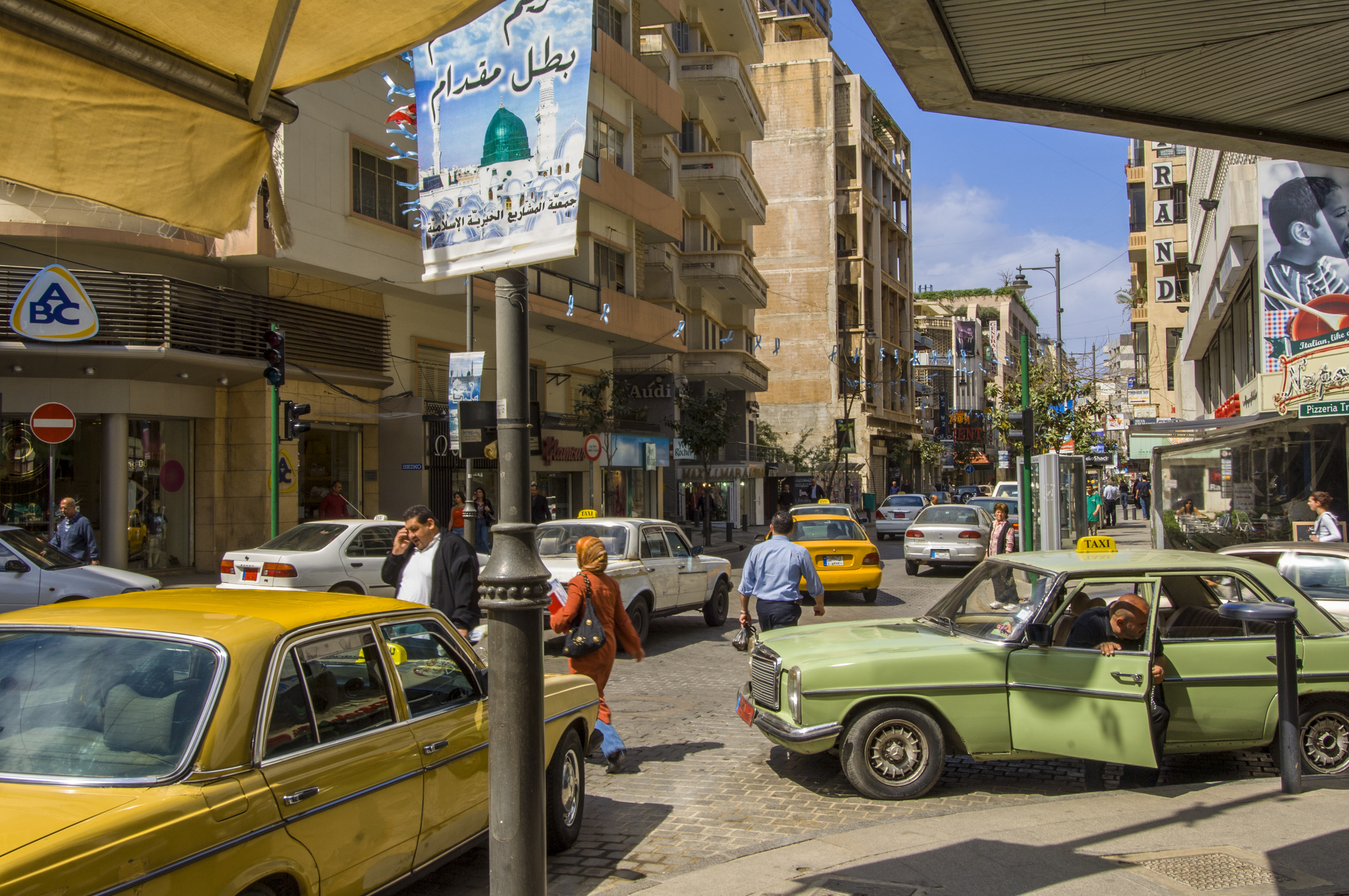
Eighty years of diversity and equity have destroyed a nation.
Americans wondering about the future of a society that centers diversity as a core value should look at Lebanon, the 4,000 square mile eastern Mediterranean nation that just celebrated 80 years of equity as an official policy and the foundation of the state. Since 1943, Lebanon has found neither strength, unity, stability, cooperation, nor prosperity through its diversity and equity. Eighty years of history demonstrate that a continued adherence to the principle of diversity only exacerbates divides, produces political gridlock, paralyzes policy, suspends justice, breeds impunity, erodes and incapacitates state functions, and facilitates violence.
The recognition of 18 diverse religious identities and an attempt to maintain a sense of equity among them has become ingrained in the DNA of Lebanon’s government and society. The Lebanese constitution institutionalized the recognition of multiple identities and proportional representation. The different Muslim and Christian communities must be represented in Parliament with representation proportional to their population. Parliamentary seats are equally divided between Christians and Muslims. Diversity and equity extend to the allocation of top government positions (e.g., the president and the prime minister), the orientation of foreign policy, and bureaucratic appointments. Each religious community dictates the laws governing the marriage and divorce of its adherents.
The institutionalization of multiple identities and equity have produced dangerous and destructive behaviors; the relentless maintenance of diversity and equity underlies much of Lebanon’s travails.
For years, the Lebanese have experienced and witnessed government neglect, anarchy, civil wars, population transfers, and massacres. Income inequality is pervasive and emigration is constant. Currently, the country “functions” without a president, head of internal security, or governor of the Central Bank while enduring a historic economic collapse. The government operates in a caretaker capacity. The state fails to provide security to its citizens. The Beirut port blast caused thousands of causalities because of mismanagement, a lack of law enforcement, corruption, and so crippled the economy. A private militia launches rockets at Israel that could at any moment subject all of Lebanon to the ravages of war. Electricity is a luxury. Clean water is not guaranteed. Medicine is in short supply.
An adherence to identity and proportional outcomes erodes the abilities of the state to perform its duties. Basic services are challenged. A prime example is the operations at the Beirut–Rafic Hariri International Airport. A shortage of air traffic controllers at the airport is attributed to the inability to have an equal number of certified Muslims and Christians serving in those roles. As a result, air traffic controllers sometimes must work between 72 and 96 hours a week. A safety-essential function of an airport is impeded by a belief in diversity and equity, endangering thousands around the clock.
Noxious identity politics is a key byproduct of Lebanon’s emphasis on diverse religious identities. Identity is a source of power that is wielded by communities to achieve self-desired interests and outcomes. Instead of producing cohesion, cooperation, and prosperity, identity perpetuates divides, maintains distrust, and deepens stagnation in Lebanon. Communities believe their interests often supersede the interests of the nation. They cite threats, real or perceived, to justify beliefs and actions despite their harmful impact to the country. As a result, indifference envelopes the state and society: a harbinger of chaos and violence.
Witness the words of Gebran Bassil during negotiations over the formation of the latest government as Lebanon endures an economic meltdown. Bassil is the leader of a prominent Maronite Catholic political bloc in Parliament. He uses fear—and the language of fairness and equality—to justify his bloc’s unwillingness to realize a new government.
“The battle [for Christians’ rights] is existential…. Real equal [power] sharing is when Christians name 12 ministers and Muslims 12, and not when Christians get to choose the names of eight ministers only, while Muslims name 16. We refuse this three-way division.”
The diversity and equity mindset creates political intransigence and policy paralysis while furthering societal divides. The failure to agree on government participation because of “Christian rights” prevents the formation and implementation of an effective policy for the historic economic collapse. It also generates an image that Christians are an obstacle to Lebanon’s betterment.
The investigation into the Beirut Port blast has gone nowhere, because different groups, especially Hezbollah, the Shia party whose militia goes unchallenged inside the country, have stymied efforts to bring the culpable to justice. But Hezbollah’s resistance to investigations and accountability is nothing new. Hezbollah refused to cooperate with an international tribunal and hand over a member convicted in the murder of Lebanese Prime Minister Rafiq Hariri. It should come as no surprise that the murders of more than a dozen politicians, government officials, and activists since 2004 have gone unresolved.
People will claim that Lebanon is an unsuitable example for helping highlight some of the dangers of diversity and equity practices to Americans. After all, identity in Lebanon is religiously-based, while America is secular.
However, the claim is superficial. Lebanon is not a particularly religious society. Religion marks identity just as race, ethnicity, gender, and sexuality do in the U.S. Similar to groups in the U.S., Lebanese communities bang on their histories of oppression to clutch at a victim identity that, without diversity and equity, would face erasure.
The United States is beginning to witness glimpses of the practice of adhering to diversity and equity at the level of the state. California Governor Gavin Newsom promised to appoint a black woman to his state’s Senate seat. Senator Tammy Duckworth threatened to boycott confirmation of cabinet appointments because of a lack of diversity. Biden’s federal departments pledged to create diverse and equitable workplaces. Lebanon has been proffering the toxicity of diversity and equity practices for the last 80 years. America should begin taking notice of their destructive effects.
The American Mind presents a range of perspectives. Views are writers’ own and do not necessarily represent those of The Claremont Institute.
The American Mind is a publication of the Claremont Institute, a non-profit 501(c)(3) organization, dedicated to restoring the principles of the American Founding to their rightful, preeminent authority in our national life. Interested in supporting our work? Gifts to the Claremont Institute are tax-deductible.
The apostle of precision hems and jaws about his religious belief.
Pope Francis’s dalliance with a tyrannical ideology needs to be confronted.
Higher education has always been a religious quest.
Young Nietzscheans should look to Tocqueville as a more politically responsible source for a new politics.
Liberal Jews are desperate to maintain the delusion that their major enemies are outside the house.

